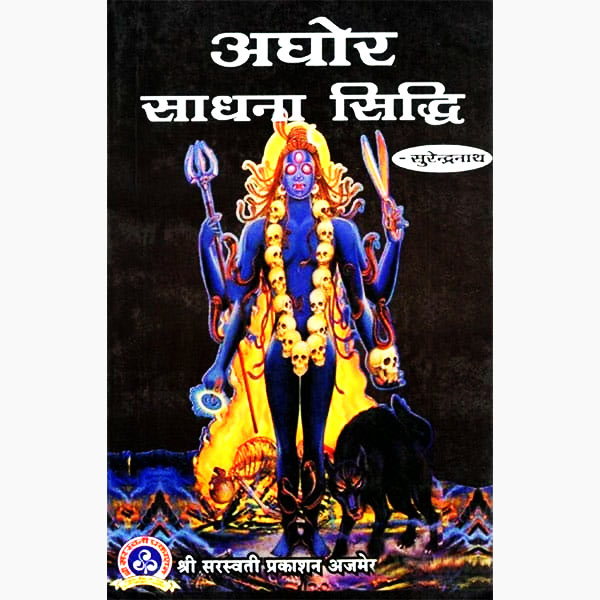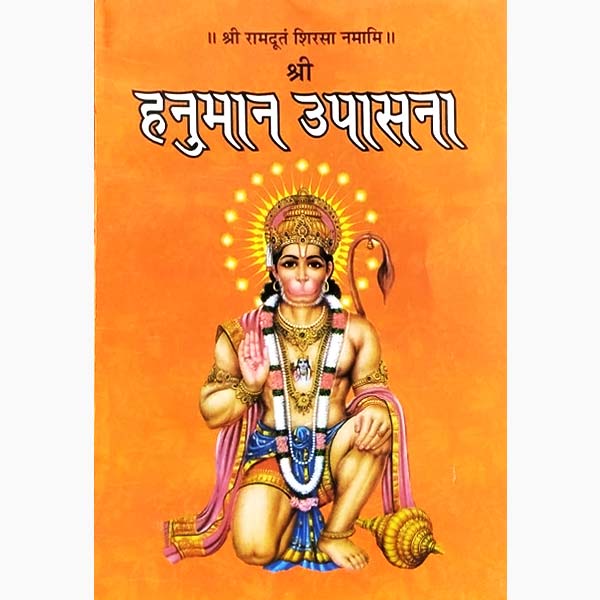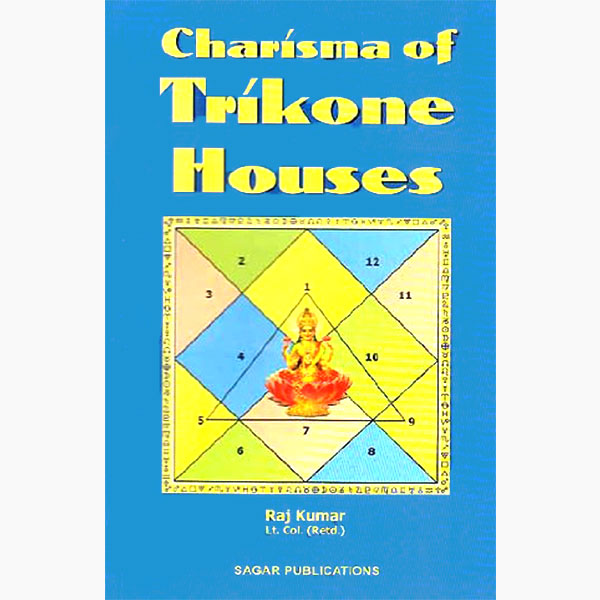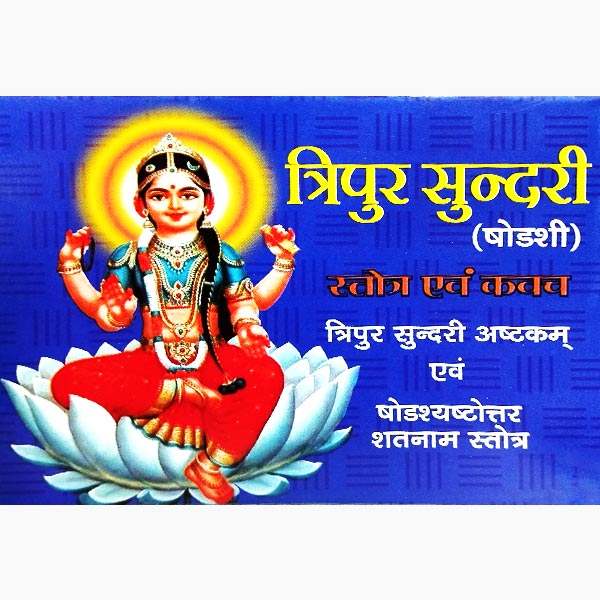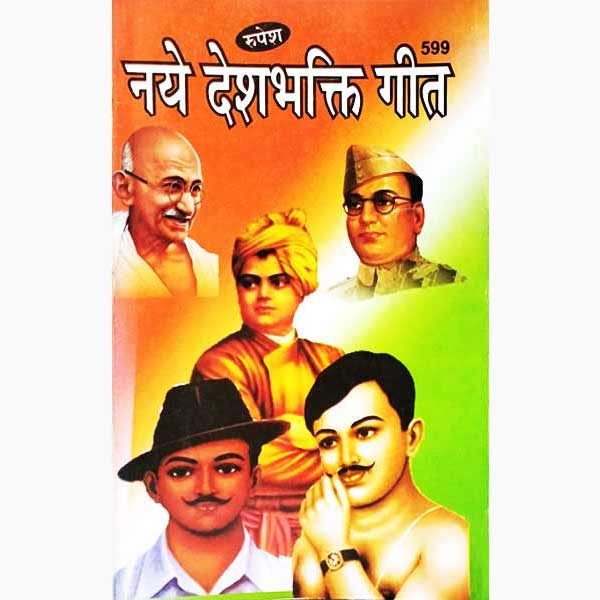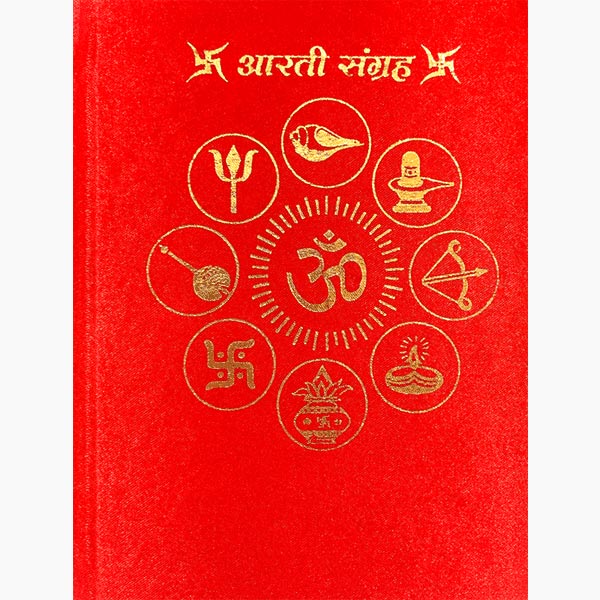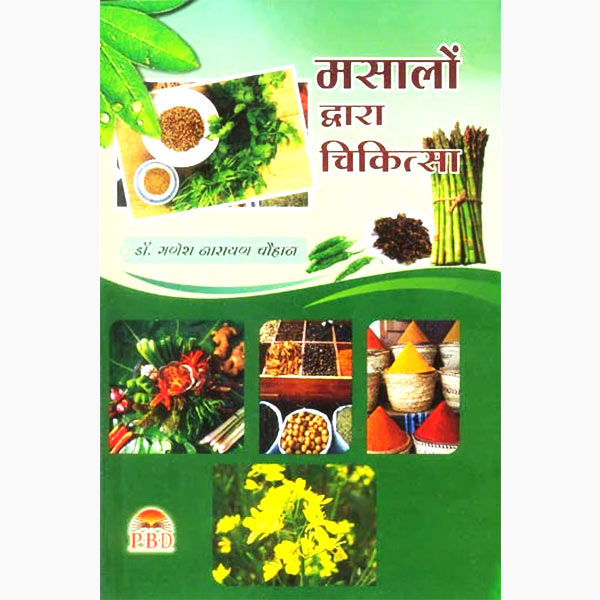
Pushkar Ashtakam/पुष्कर अष्टकम्
Pushkar Ashtakam (पुष्कर अष्टकम्): Hinduism is an Indian religion and dharma, or way of life, widely practised in the Indian subcontinent and parts of Southeast Asia. Hinduism has been called the oldest religion in the world, and some practitioners and scholars refer to it as Sanatana Dharma, “the eternal tradition”, or the “eternal.
The stanzas in an “Ashtakam” are a rhyming quartet with four lines, i.e. end lines rhyme as a-a-a-a. Thus, in an Ashtakam generally thirty-two lines are maintained.
Thus, in an Pushkar Ashtakam generally thirty-two lines are maintained. All these stanzas follow a strict rhyme scheme; the proper rhyme scheme for an Ashtakam is: a-a-a-a/b-b-b-b. The rhyme designs are both ear-rhymes and eye-rhymes. where the end letters rhyme in sound and audibility, and eye-rhyme where the end letters appear similar; this rhyme sequence sets the usual structure of the Pushkar Ashtakam. Pushkar Ashtakam rhyme consists of identical (“hard-rhyme”) or similar (“soft-rhyme”) sounds placed at predictable locations, normally the ends of lines for external rhyme or within lines for internal rhyme.
The conventions associated with the Ashtakam have evolved over its literary history of more than 2500 years. One of the best known ashtakam writers was Adi Shankaracharya, who created an ashtakam cycle with a group of Ashtakam, arranged to address a particular deity, and designed to be read both as a collection of fully realized individual poems and as a single poetic work comprising all the individual Ashtakam, he wrote more than thirty Ashtakam in Stuti [dedication] to various deities.
Ashtakam were a very popular and generally accepted genre of devotional and general poetry during the golden period of Sanskrit literature, and also that of Vedic Indian Literature.
Pushkar Ashtakam Benefits:
- Reciting Pushkar Ashtakam provides the virtues of taking dip in Pushkar. Regularly chanting Pushkar Ashtakam pleases Lord Shiva and provides the blessing after being pleased. Pushkar Ashtakam also provides a healthy life and it recovers the seeker from the chronic and terminal diseases.
Who has to recite this Pushkar Ashtakam:
- The persons suffering from various ailments and indifferent health must recite Pushkar Ashtakam to overcome this situation in earliest possible time.
- For further details and knowledge about this Ashtakam please contact Astro Mantra.
पुष्कर अष्टकम्/Pushkar Ashtakam
श्रियायुतं त्रिदेहतापपापराशिनाशकं,
मुनीन्द्रसिद्धसाध्यदेवदानवैरभिष्टुतम् ।
तटेस्ति यज्ञपर्वतस्य मुक्तिदं सुखाकरं,
नमामि ब्रह्मपुष्करं सवैष्णवं सशङ्करम् ॥ १॥
सदार्यमासशुष्कपञ्चवासरे वरागतं,
तदन्यथान्तरिक्षगं सुतन्त्रभावनानुगम् ।
तदम्बुपानमज्जनं दृशां सदामृताकरं,
नमामि ब्रह्मपुष्करं सवैष्णवं सशङ्करम् ॥ २॥
त्रिपुष्कर त्रिपुष्कर त्रिपुष्करेति संस्मरेत्-,
स दूरदेशगोऽपि यस्तदङ्गपापनाशनम् ।
प्रपन्नदुःखभञ्जनं सुरञ्जनं सुधाकरं,
नमामि ब्रह्मपुष्करं सवैष्णवं सशङ्करम् ॥ ३॥
मृकण्डुमङ्कणौ पुलस्त्यकण्वपर्वतासिता,
अगस्त्यभार्गवौ दधीचिनारदौ शुकादयः।
सपद्मतीर्थपावनैकद्दष्ट्यो दयाकरं,
नमामि ब्रह्मपुष्करं सवैष्णवं सशङ्करम् ॥ ४॥
सदा पितामहेक्षितं वराहविष्णुनेक्षितं,
तथाऽमरेश्वरेक्षितं सुरासुरैः समीक्षितम् ।
इहैव भुक्तिमुक्तिदं प्रजाकरं घनाकरं,
नमामि ब्रह्मपुष्करं सवैष्णवं सशङ्करम् ॥ ५॥
त्रिदण्डिदण्डिब्रह्मचारितापसैः सुसेवितं,
पुरार्धचन्द्रप्राप्तदेवनन्दिकेश्वराभिधैः ।
सवैद्यनाथनीलकण्ठसेवितं सुधाकरं,
नमामि ब्रह्मपुष्करं सवैष्णवं सशङ्करम् ॥ ६॥
सुपञ्चधा सरस्वती विराजते यदन्त्तरे,
तथैकयोजनायतं विभाति तीर्थनायकम् ।
अनेकदैवपैत्रतीर्थसागरं रसाकरं,
नमामि ब्रह्मपुष्करं सवैष्णवं सशङ्करम् ॥ ७॥
यमादिसंयुतो नरस्त्रिपुष्करं निमज्जति,
पितामहश्च माधवोप्युमाधवः प्रसन्नताम् ।
प्रयाति तत्पदं ददात्ययत्नतो गुणाकरं,
नमामि ब्रह्मपुष्करं सवैष्णवं सशङ्करम् ॥ ८॥
इदं हि पुष्कराष्टकं सुनीतिनीरजाश्रितं,
स्थितं मदीयमानसे कदापि माऽपगच्छतु ।
त्रिसन्ध्यमापठन्ति ये त्रिपुष्कराष्टकं नराः,
प्रदीप्तदेहभूषणा भवन्ति मेशकिङ्कराः ॥ ९॥
इति शञ्कराचार्यविरचितं श्रीपुष्कराष्टकं समाप्तम् ॥








